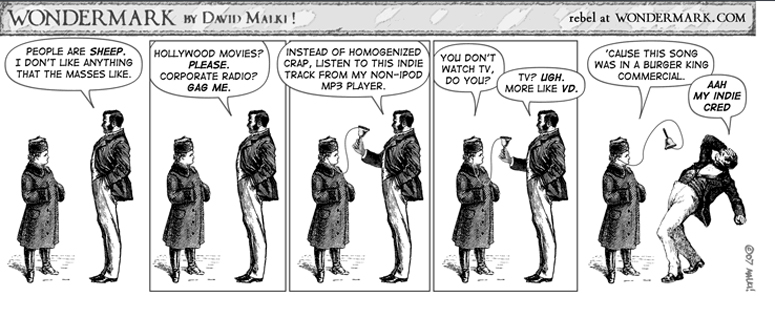
I got up this morning thinking about conversations I heard yesterday. I was mulling over the concept of sacred and secular music. This distinction has practically no meaning for me as applied to churches today. Instead I think of the idea of coherence and beauty whether in the context of public prayer or any other context. My own ideas of coherence and beauty include the subjective response of the people who are musicking (Christopher Small’s favorite term for the gestalt of the aural experience which includes anyone who has any connection to a musical performance: audience, dancers, performers, composers, the people who set up chairs, anybody).
As a student of music for many years I sought objective criteria in evaluating the beauty of music. This was often rooted in its structural coherence. I have abandoned this, realizing that music is much more powerful and diverse.

Now it’s almost amusing to me and certainly fascinating to listen to how people of all ilk talk about music.

Recently I listened to a woman disavow any musical credibility in a room full of what she perceived were people more skilled in music than her. She then went on to confess that there was a blues player that she was enamored of and embarrassed at her attraction to. Music meant so much to her that she drove miles and miles to be part of a live performances by this musician. I think Small would see that as a strong example of musicking.
In the case of academics approach to sacred and secular music, it’s hard for me to guess too much because I think the academic world has significantly shifted to include people who are much less dogmatic in their views than people I knew when I was in school.

(This reminds me of a few music profs I had.)
Nevertheless I think the old prejudices still exist and if we are not careful can easily be inculcated in young musicians, dividing up music into the acceptable (sacred) and unacceptable (secular). It amuse me to hear academics declaim such prejudice and then except their own favorite such as gospel music.

In the African American community there was a real struggle when musicians began to bring in the sounds of popular music thereby creating some of the exquisite sounds of gospel music. Now the style is pretty codified and I can draw on it easily in my work. It can even be made into a pedagogy.

I think best music in church is music that is true to itself as music and not rooted in selling Jesus or a sacrament. Just as I feel that the music that attracts me in any context seems to me to have this attribute, a sort of basic honesty and even transcendence.

Honest music is a tall order. Mix in the subjective power of associations people have and it’s a wonder there is ever a coherent discussion of it.
However I’m pretty sure it could happen and probably does.
Not in my hearing lately however, hence the mulling.
1. James Baldwin’s Paris – NYTimes.com
This makes me want to go back and reread the Baldwin I have read and read more of his work.
2.What Could Have Entered the Public Domain on January 1, 2014?
Mickey Mouse Laws are winning. Prepare for tiered service in your non-neutral internet.
Very cool prototype at Harvard of factoring browsing back into online research.

4. Daily Kos: Most of you have no idea what Martin Luther King actually did
Very helpful reminder about US history.
I can’t help but ask, is inculcate a new vocab word for you? I came across it for the first time the other day, reading some article someone linked in to Facebook, I can’t remember which one it was…
Oh, and if you’re looking for online recipes, you should google ‘Abel and cole recipes’ – they deliver organic food boxes, and have lts of tasty recipes organised by produce.
I love you!
Nope, “Inculcate,” isa word I know. But I do sometimes tend to overuse a word. Habits of thought, no doubt.
I did google ‘Abel and cole recipes.’ Do you use this service? Delivery of boxes looks to be U.K. only, eh?
Ah, I’d never come across it before.
I did a delivery from Abel and cole once, at a discount, but can’t afford to do them regularly, it’s the sort of thing I’d like to do in the future.
I love you!